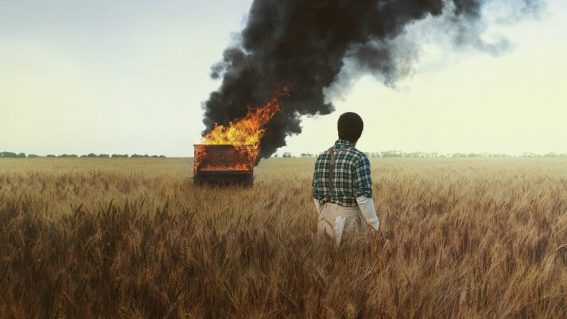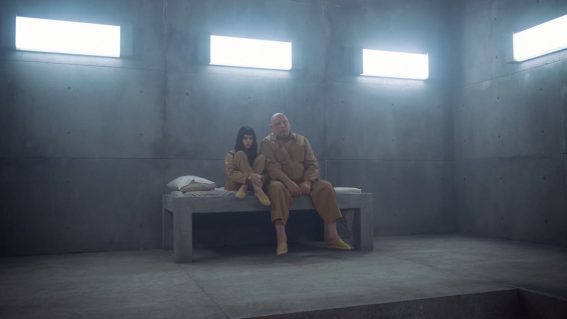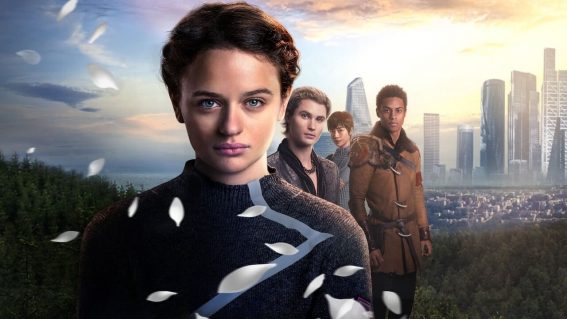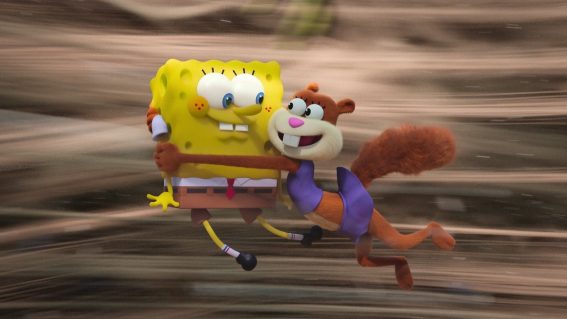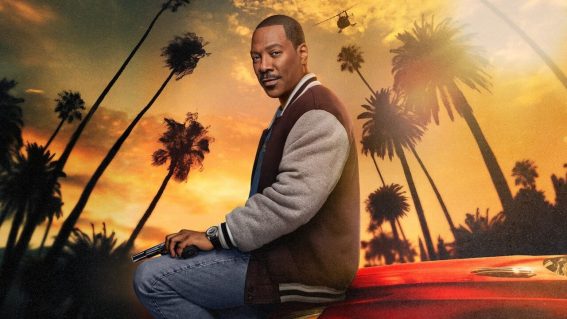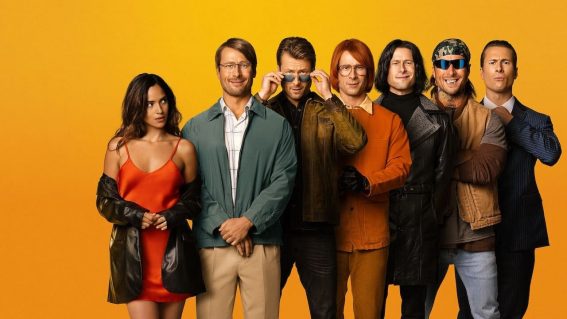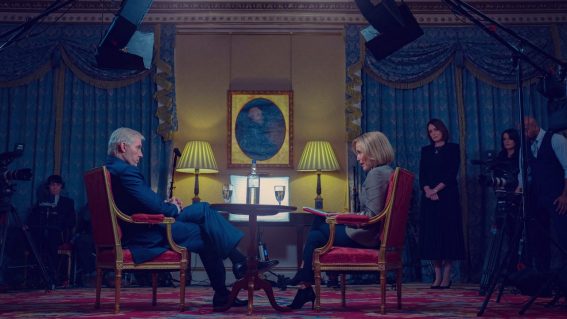Mudbound: the racial drama that knocks Detroit and Hidden Figures out of the park
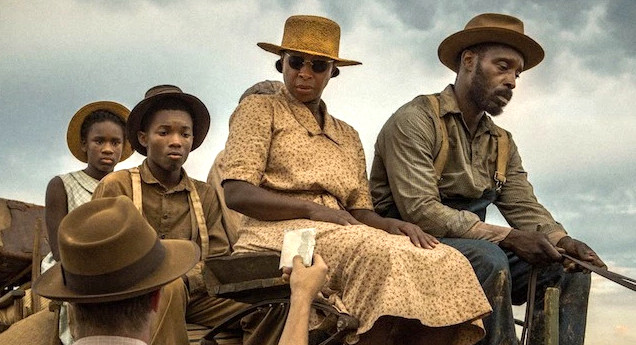

It will not surprise fans of Breaking Bad, or its spin-off series Better Call Saul, to be informed that actor Jonathan Banks – aka Mike, the hard-as-nails hitman and underworld problem solver – plays one creepy son of a bitch in Mudbound. In the Netflix-distributed feature film from African American director Dee Rees, his performance resonates in a bile-in-your-mouth kind of way, lending shuddersome gravitas to a dyed-in-the-wool racist circa rural Mississippi in the 1930s and 40s.
Adapted from a 2008 novel of the same name by Hillary Jordan, and a prestige effort through and through, Mudbound would be a shoo-in for a Best Picture nomination at next year’s Academy Awards, if it weren’t for the film industry’s wariness towards the streaming giant’s reach and impact. Excluding director Barry Jenkins’ extraordinary character drama Moonlight, this is the best American racial drama in some time– much better than Detroit and Hidden Figures.
The film contemplates several difficult subjects, but its lasting impression will be as a story of two American soldiers – one of whom is black – returning from Europe and adjusting to life back home. A film about racism by way of PTSD, the affable Ronsel (Jason Mitchell) targeted by violent bigots. He strikes a friendship with a fellow veteran, the formerly handsome and charming Jamie (Garrett Hedlund). Post-war, he deteriorates into a dazed booze hound, with unresolved feelings towards the wife (a highly affecting, sad-eyed Carey Mulligan) of his brother (Jason Clarke).
Ronsel discovers that risking life and limb for his country makes not the slightest difference to bigots. En route to reunite with his family, and still wearing his uniform, the soldier is confronted and denigrated by Pappy (Banks) at a General Store. Pappy is a symbol (of senseless intolerance, if not pure evil) and also a stereotype (the pigheaded redneck). But it would be naive to suggest his character wasn’t chillingly realistic. More interesting than Pappy’s presence in the film, however, is his absence from certain parts of it.
Rees deploys multiple voice-over narrators. This is a bold technique – known in academic circles as multiperspectivity – that, if done well (examples: Casino, Goodfellas, Election, All About Eve) I tend to find fascinatingly displacing. The shifting perspectives tap into one of the things I love about film and television: the illusion of viewing the world through different eyes and from different points of view. There is a sonorous, spit-polished quality to these recountals and reflections. “When I think of the farm I think of mud…I dreamed in brown,” one character ruminates.
Pappy doesn’t get a voice-over track. Why? The answer is not because murderous hicks don’t give good narration. Another recent, excellent period piece from Netflix – director Zak Hilditch’s 1922, adapted from a characteristically grim humans-are-monsters yarn by Stephen King – was memorably narrated by a vicious rube. But to provide Pappy a voice in such a way would not just give this despicable creature added agency, but imbue him into the structure and ethos of the film.
Where the director, Kathryn Bigelow, recreated a terrible moment in American history in Detroit, saying nothing about racism other than that it is shocking and brutal (which is almost the same thing as saying nothing at all) Dee Rees makes the same point much more effectively in Mudbound, in a narrative that is ultimately optimistic. There are other things to consider in this rich and thoughtful drama, including its symbolic depth – which questions the difference between dirt and land.
The former suggests an organic quality and the latter implies ownership. The protagonist in 1922 told us his land was cursed; that evil was baked into the soil. Again Rees is more optimistic in Mudbound, while at times shockingly powerful (some moments late in the piece will make your blood run cold). Rain turns dirt into mud, which can symbolise hardship. Mud is also part of a cycle in which moving forward is inevitable, and progress is possible.
Cinematographer Rachel Morrison (who shot Dope) does these thematic layers justice in her beautiful images, pristine and picture book-like but also rusty and glazed – like a beautifully varnished piece of furniture. Mudbound is classy stuff, the connective tissue being, as the film’s editor Mako Kamitsuna puts it, “the land and each character’s yearning for the land as home.” I am yet to see Dee Rees’ other two films: her 2011 coming-of-age drama Pariah, and the 2015 TV movie Bessie (about blues artist Bessie Smith). They are now very much on my ‘must watch’ list.
Mudbound is currently streaming on Netflix, read more information about it here.

